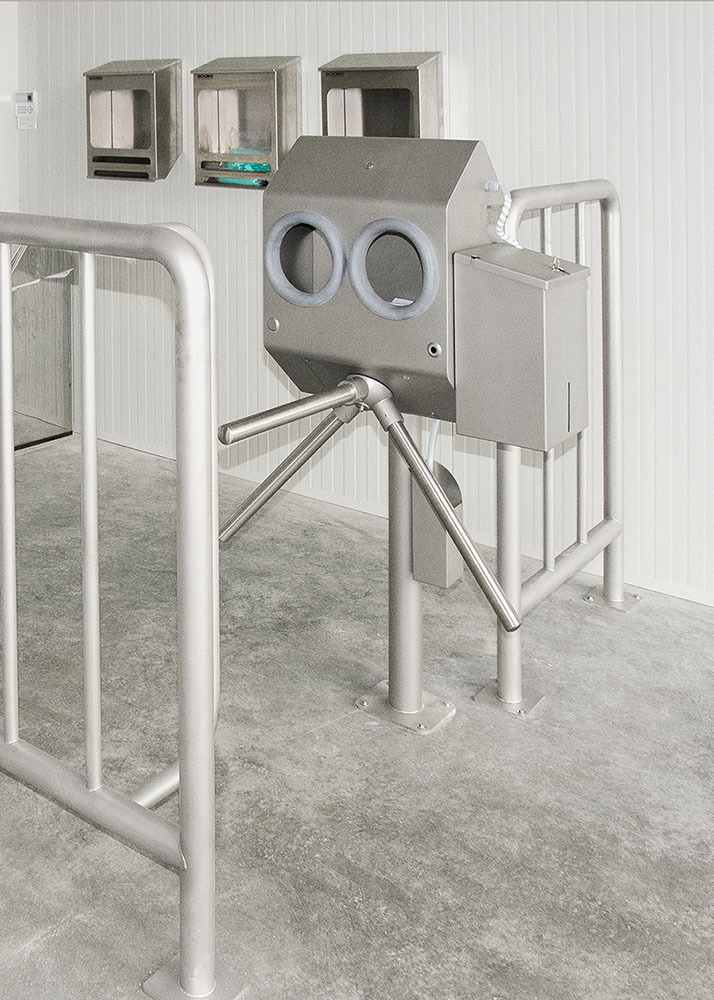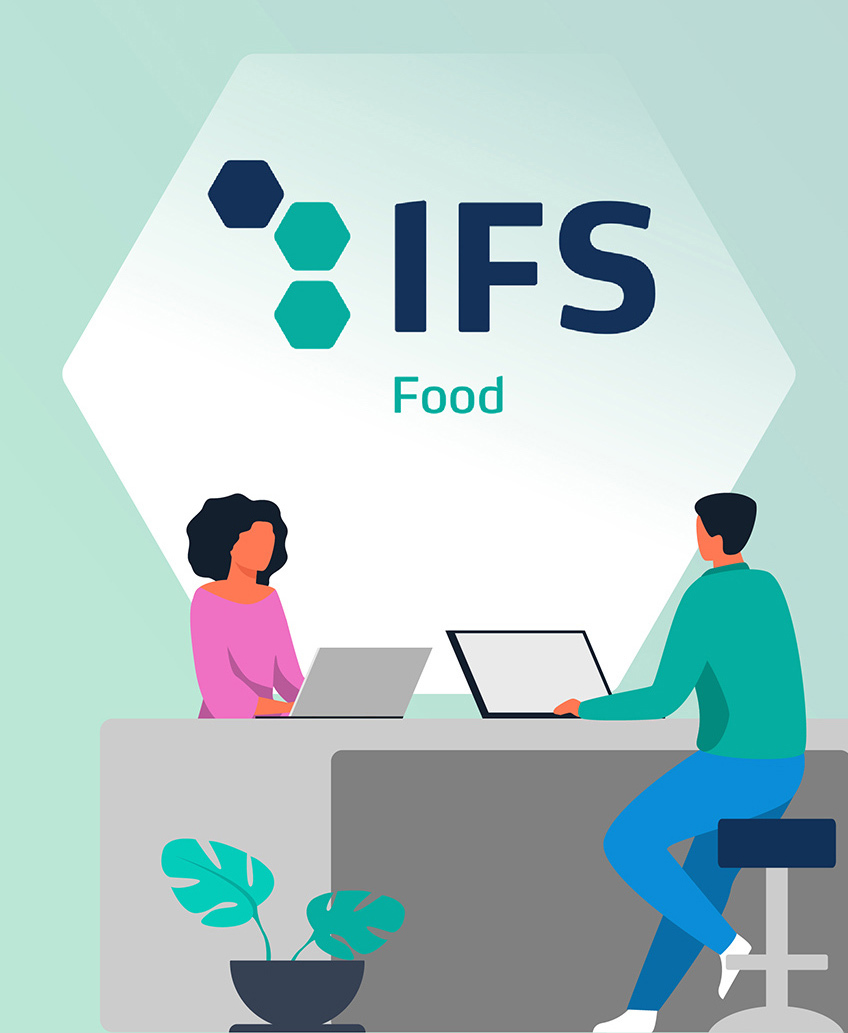IFS Food version 8 the new standard
- Thursday 28 September 2023
- By: BOONS FIS
- Category: Hygiene equipment
New standards will come into effect from January 1, 2024 for food processing companies that want to maintain or obtain the IFS certificate. Version 8 of the IFS Food standard was published at the beginning of 2023. Audits according to this standard are possible from October 1, 2023, but mandatory from January 1, 2024.
What does this mean for food companies?
The IFS standard (International Featured Standards) has been developed for producers in the food industry worldwide. This control mechanism guarantees that producers/retailers sell food that has been produced in a qualitative and food-safe manner.
After an (un)announced audit, a certification body (CB) awards a score between A and D. To obtain (or maintain) the certificate, a sufficient score must be achieved on the critical points. A re-audit may take place if certain shortcomings need to be adjusted/improved.
In this way the standard is continually being extended/reinforced. In addition to the legal obligations in the sector, which all food companies must comply with, this annual certificate will become a requirement for major retailers. In addition to BRCGS and FSSC 22000, this IFS Food version 8 is an additional standard to be allowed to supply to them.
This new standard is a logical new step for food production companies that are working on continuous improvement. They see this certificate as a new quality label that makes them more competitive. It is an additional guarantee of food safety for customers and competitors, which is a win-win for all parties.


Interpret and implement new standards
The inspection must be scheduled 'every twelve months'. Anyone who received an auditor at the beginning of June will therefore have time until the end of June the following year.
A B score is now again regarded as a 'minor deviation' and will from now on be awarded more quickly for certain standard requirements, if they do not pose a direct risk to food safety. This would have been a C score in the past, with far fewer points. A B score must be followed by corrective action in order to achieve an A score in a subsequent audit. Initially it is 'easier' to obtain the certificate, but this is by no means a relaxation.
If deviations are identified regarding food safety, legality, authenticity and customer wishes, version 8 enforces a root cause analysis by the food company, in order to avoid a second infringement.
It must be possible to demonstrate the legibility and indelibility of labels. This leads to a lot of extra administration. After all, all risks must be documented, implemented and maintained.
Biggest changes
The Food Defense theme is now spread across the different chapters. The entire organization must now bear this burden, from the operators to the management. Concrete objectives must be formulated about the stricter requirements regarding food safety culture. How does communication and training proceed? Is the company open to employee feedback and how is their performance measured?
The emphasis is on working more preventively and proactively to identify and solve possible problems earlier. Validation of all procedures, CCPs (critical control points) and new equipment are gaining importance.
Specific
2 years after the IFS Food standard version 7, this version 8 was published, taking into account social changes and trends in global recalls. In concrete terms, when it comes to personal hygiene, false eyelashes and artificial nails, among other things, are now also seen as risk factors. Wound plasters must now also be waterproof and have a different color than the product.
On the one hand, this means more work for food companies to implent new standards and processes and to train personnel. But the increasingly strict standards, once they meet them, also strengthen their position in the sector.
The full description of the new standard can be found on the IFS website.

